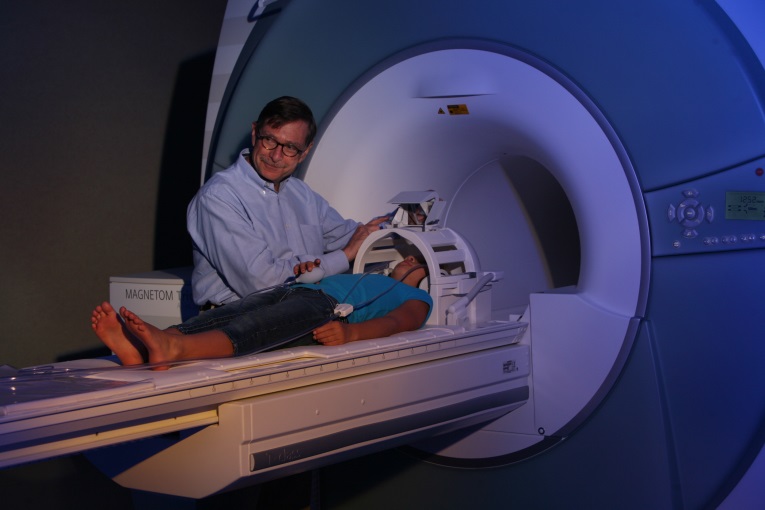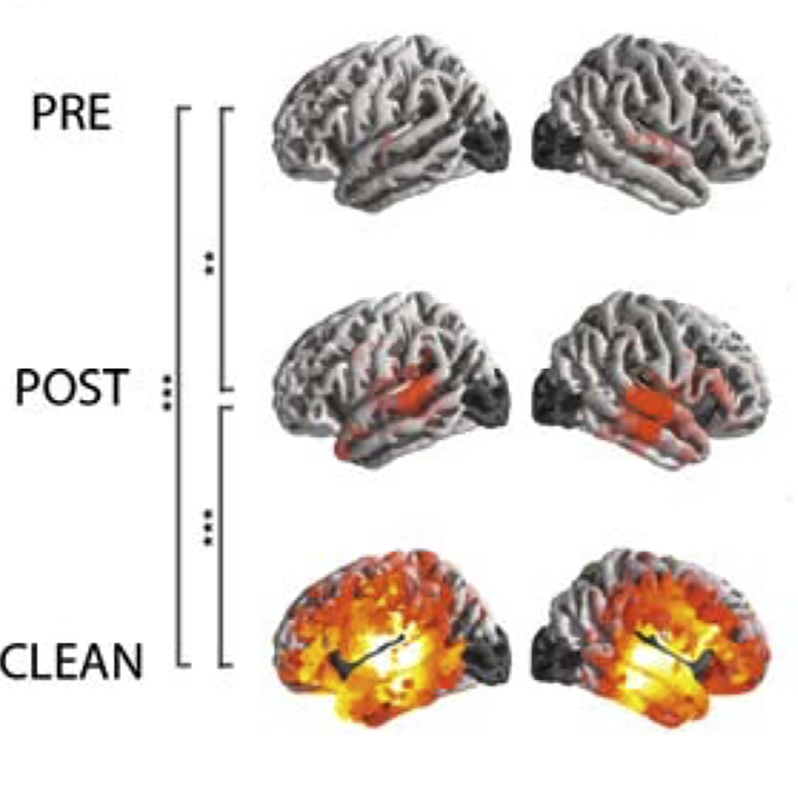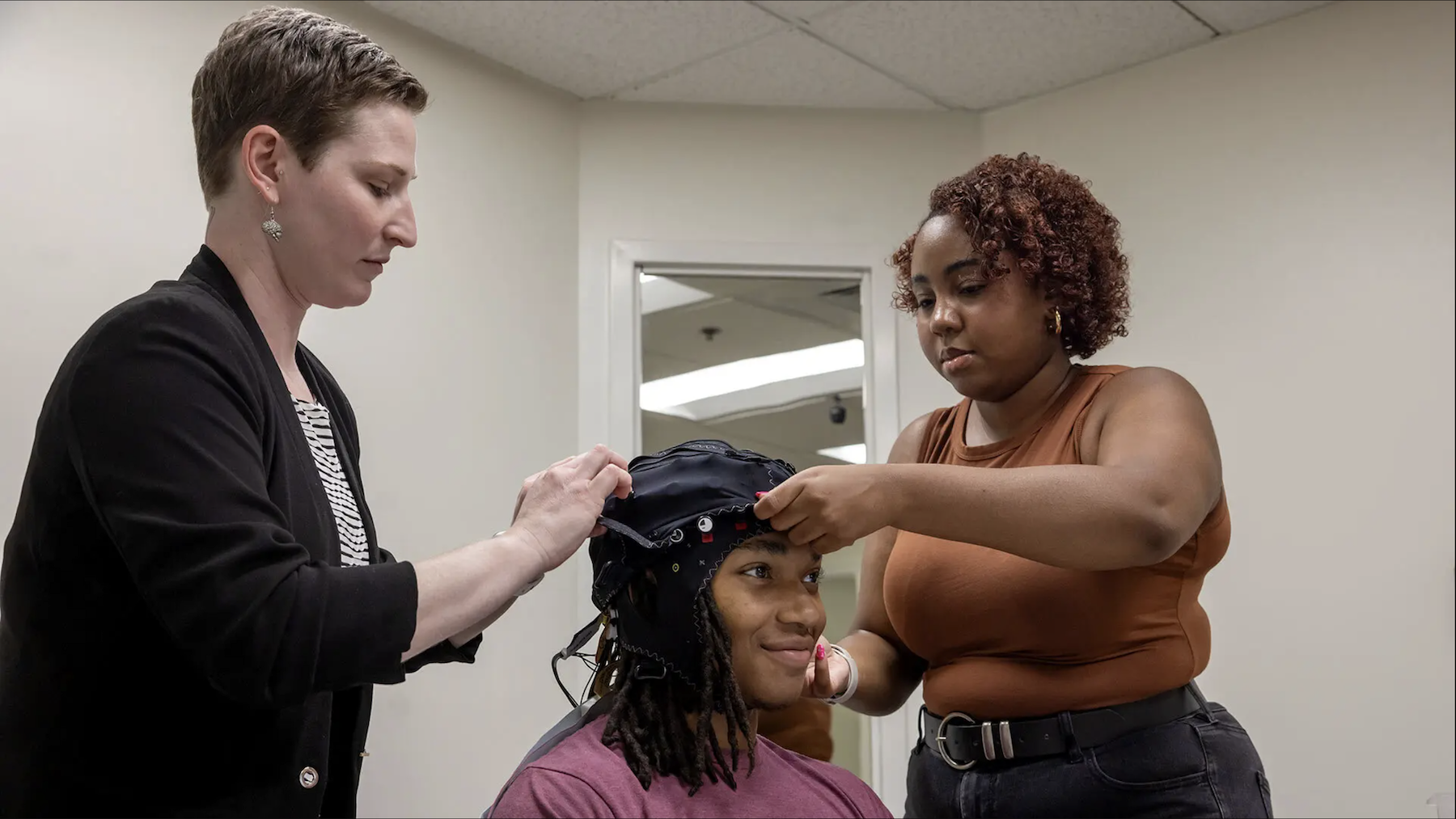News Story
Greg Ball named AAAS Fellow
Gregory F. Ball—dean of the University of Maryland College of Behavioral and Social Sciences (BSOS), professor in the Department of Psychology and affiliate in the Department of Biology—has been named Fellow of the American Association for the Advancement of Science (AAAS). Election as an AAAS Fellow is an honor bestowed upon AAAS members by their peers. Dean Ball was recognized for his contributions in the field of biological sciences.
"I am very pleased and honored to be named a Fellow of AAAS. It is gratifying to receive recognition from one’s colleagues," said Ball.
This year, six of the 401 members who have been awarded this honor by AAAS because of their scientifically or socially distinguished efforts to advance science or its applications hail from the University of Maryland. New Fellows will be recognized at a ceremony in February at the AAAS Fellows Forum during the 2015 AAAS Annual Meeting in San Jose, Calif. They also will be formally announced in the AAAS News & Notes section of the journal Science.
In October, Ball joined BSOS after serving as professor of psychological and brain sciences and vice dean for science and research infrastructure in the Krieger School of Arts and Sciences at Johns Hopkins University (JHU). His lab work, which he began at JHU and plans to continue at Maryland, focuses on how hormones influence the brain and consequently behavior, as well as how external natural forces regulate hormones, which, in turn, leads to changes in behavior.
“For example, I study the phenomenon of the seasonal changes in brain and behavior of songbirds. In the springtime, their behavioral patterns change markedly as compared to their winter behavior—essentially, they go through a dramatic change in endocrine physiology every spring that is akin to re-experiencing puberty. These endocrine changes induce a remarkable process of neuroplasticity that includes the incorporation of new neurons into defined neural circuits,” he said. “It is fascinating how the social environment interacts with changes in endogenous endocrine physiology to impact brain function.”
Ball holds a B.A. in psychology from Columbia University and a Ph.D. in psychobiology from the Institute of Animal Behavior at Rutgers University. He completed his postdoctoral work in Comparative Neuroendocrinology and Ethology at Rockefeller University.
November 25, 2014
Published November 25, 2014











